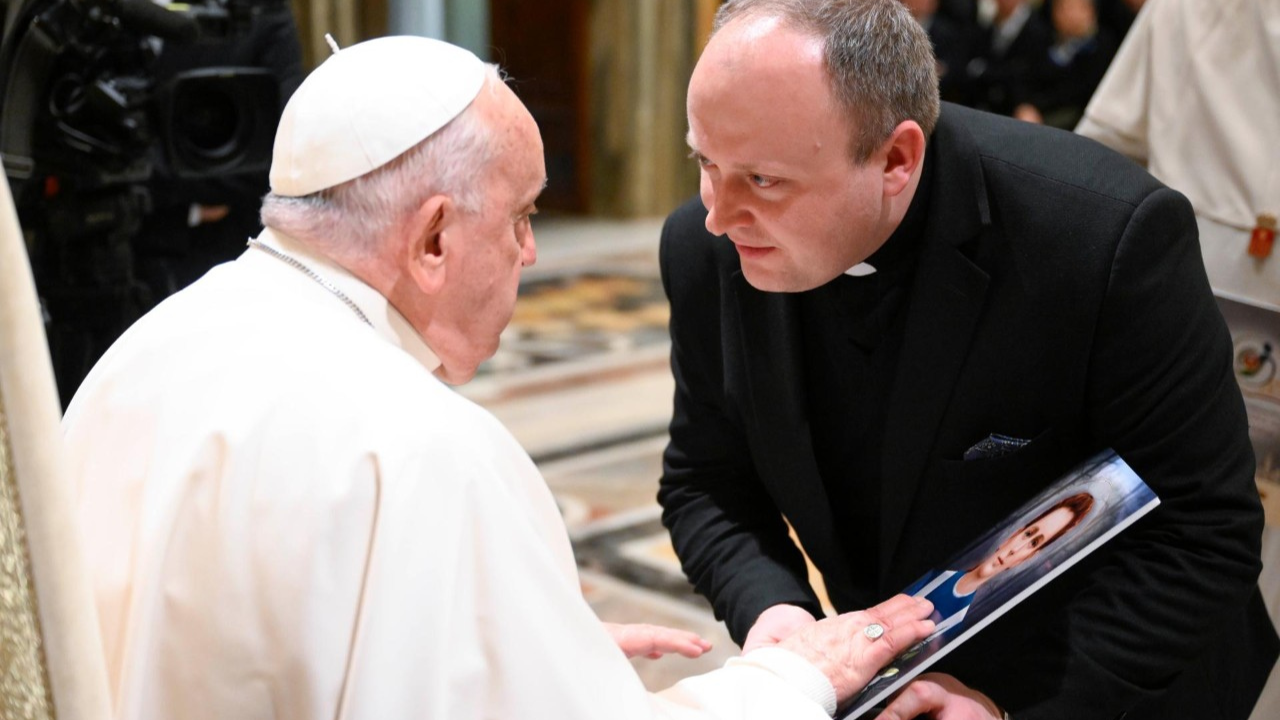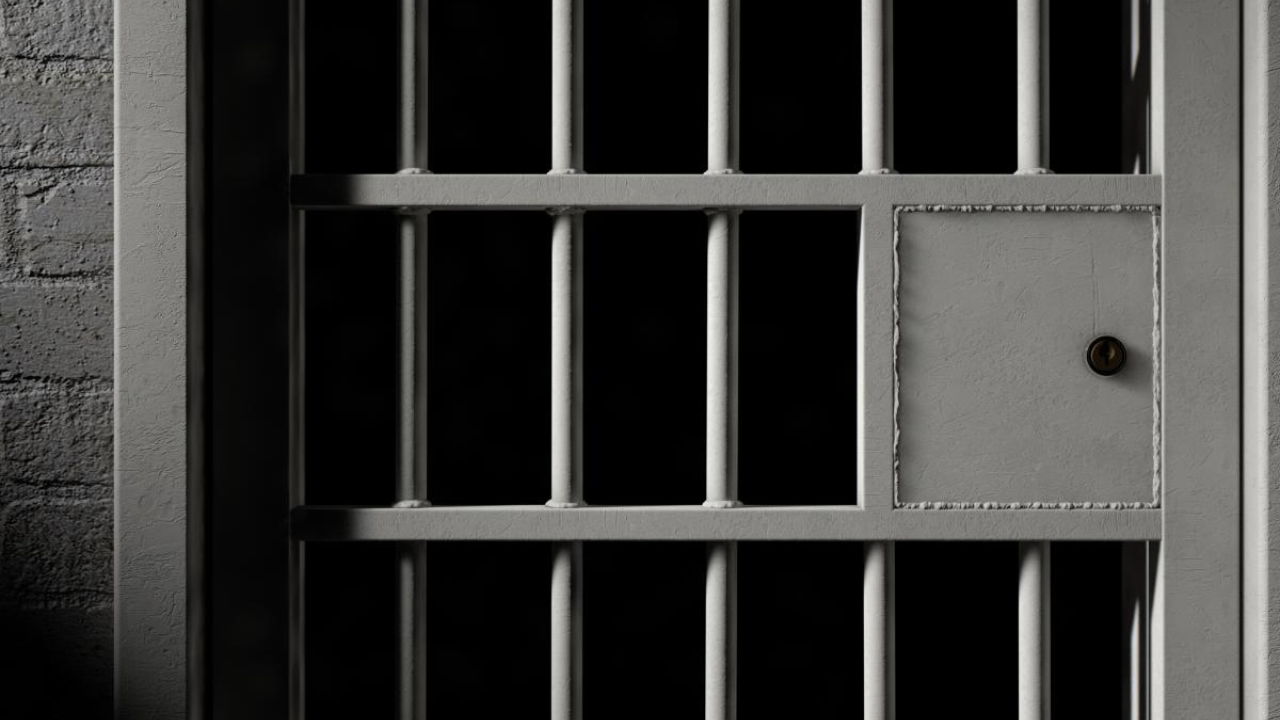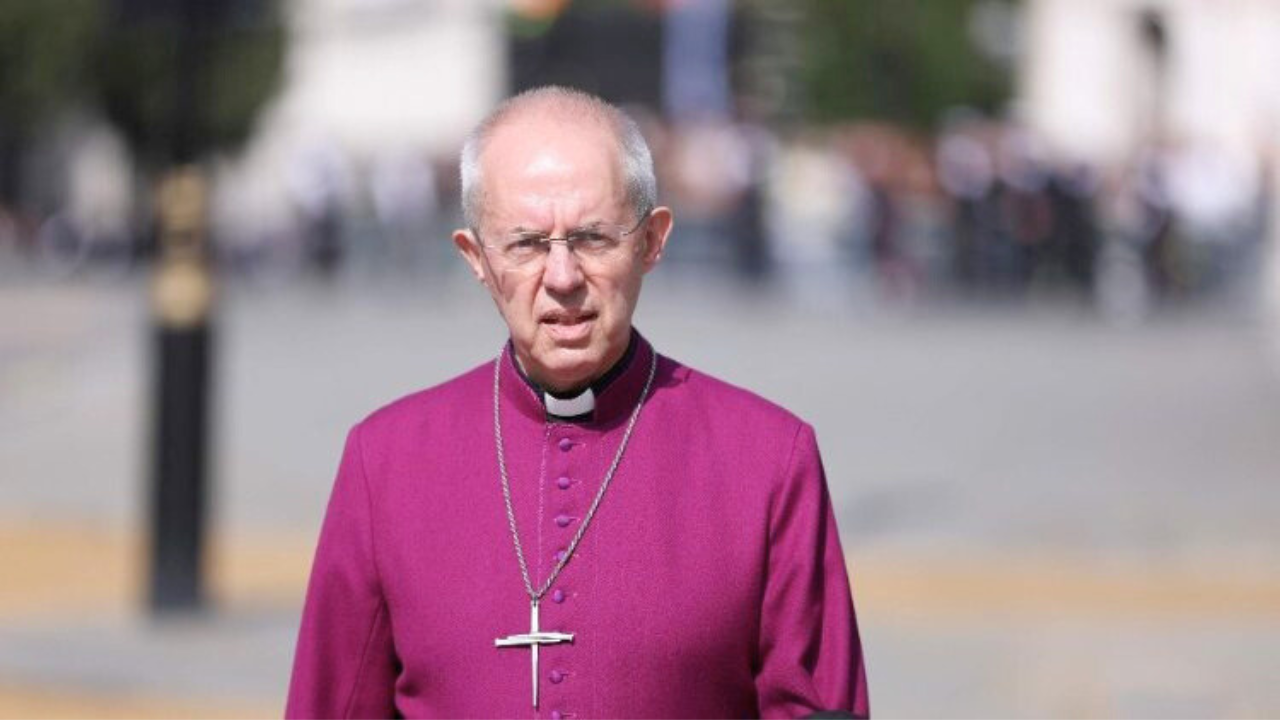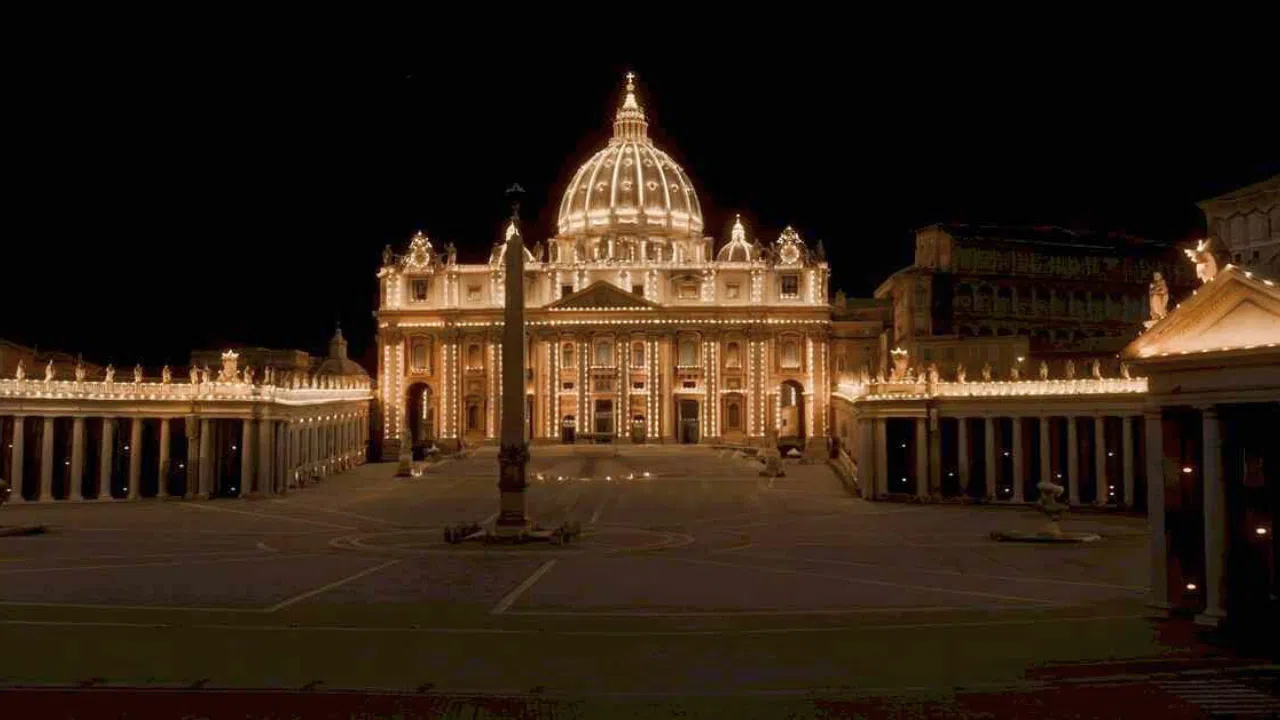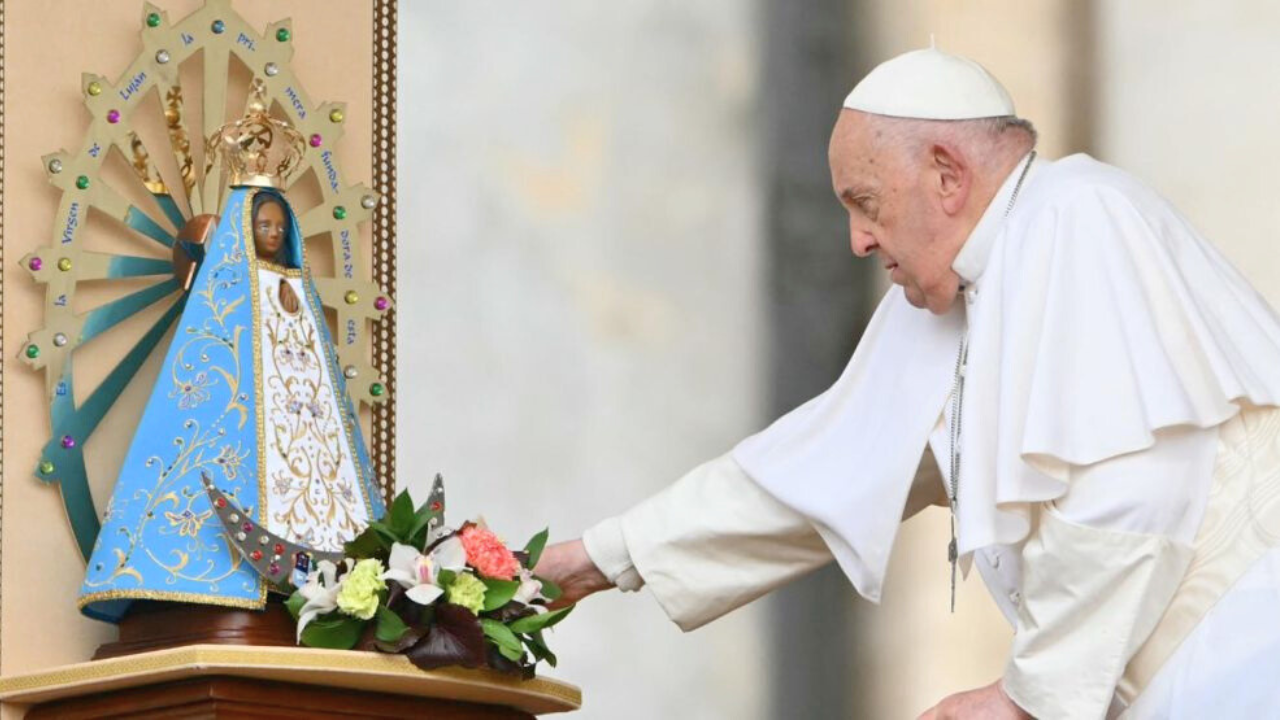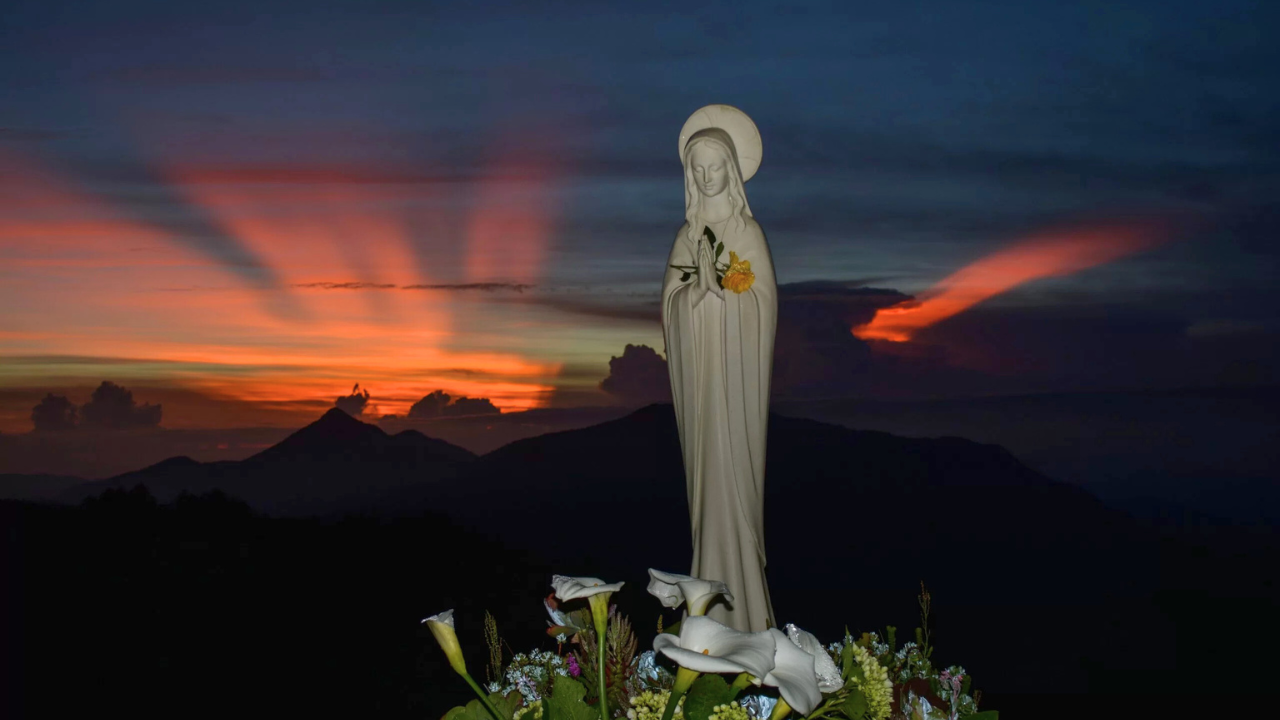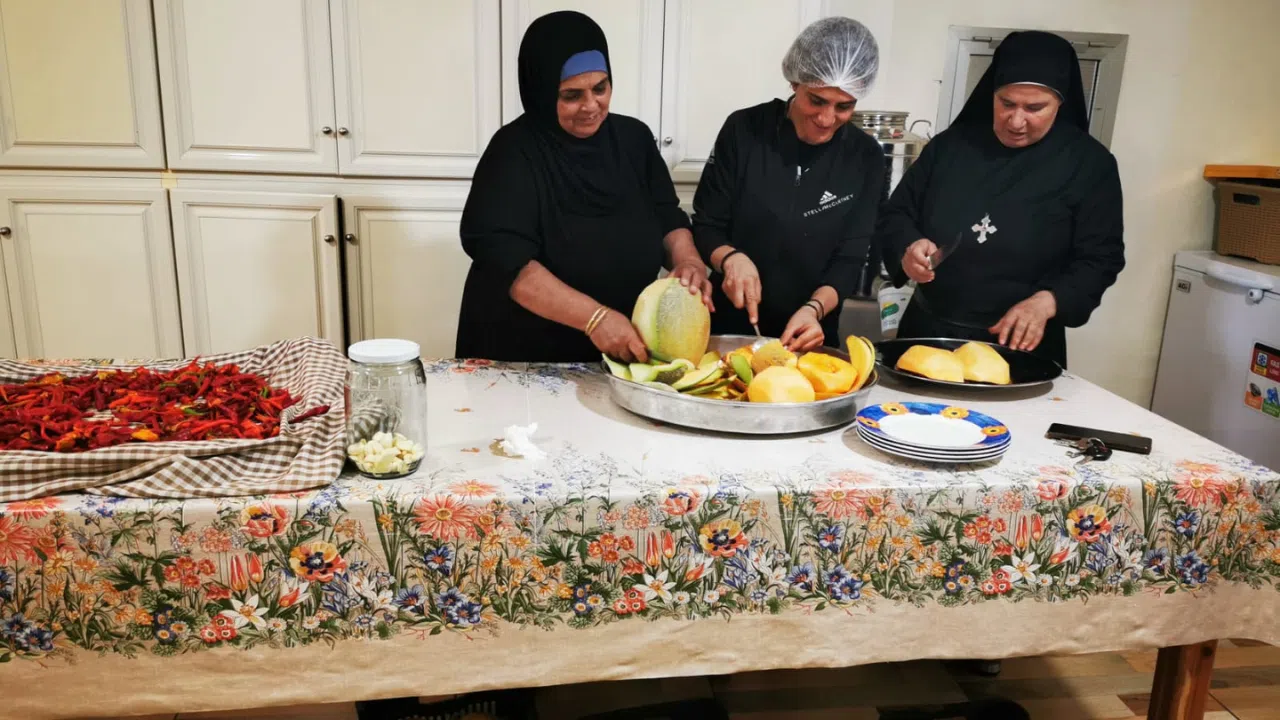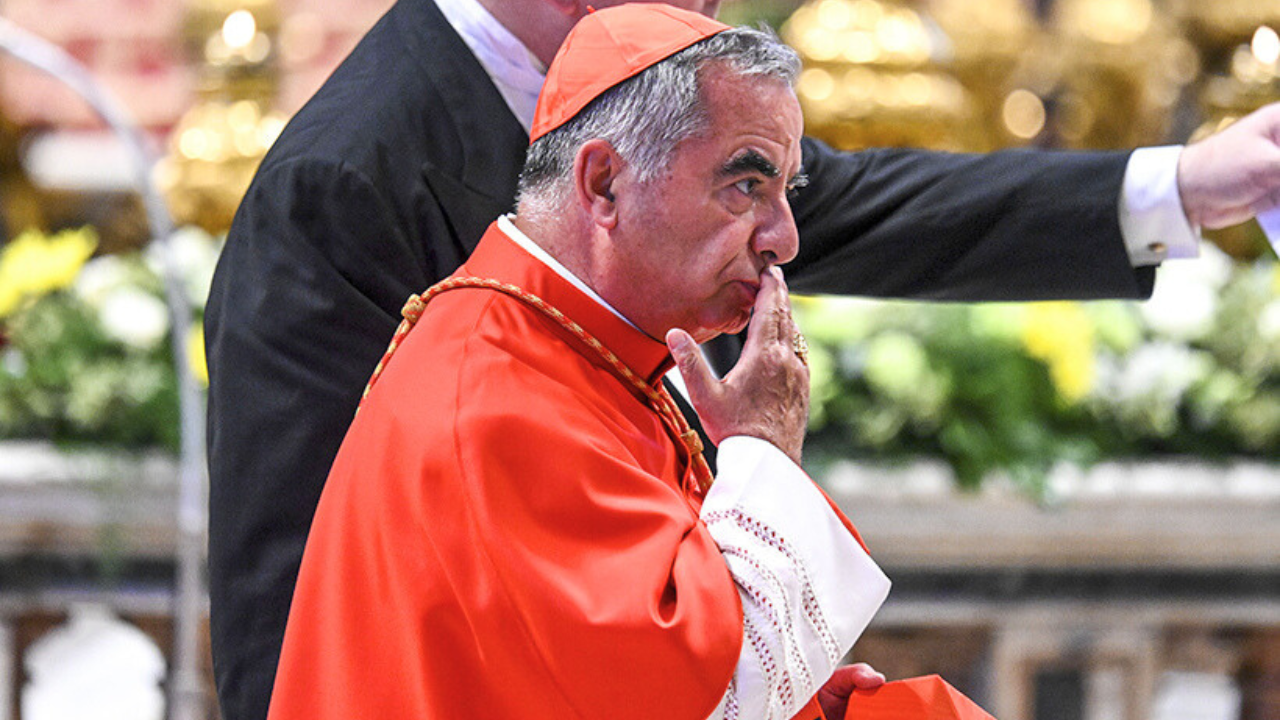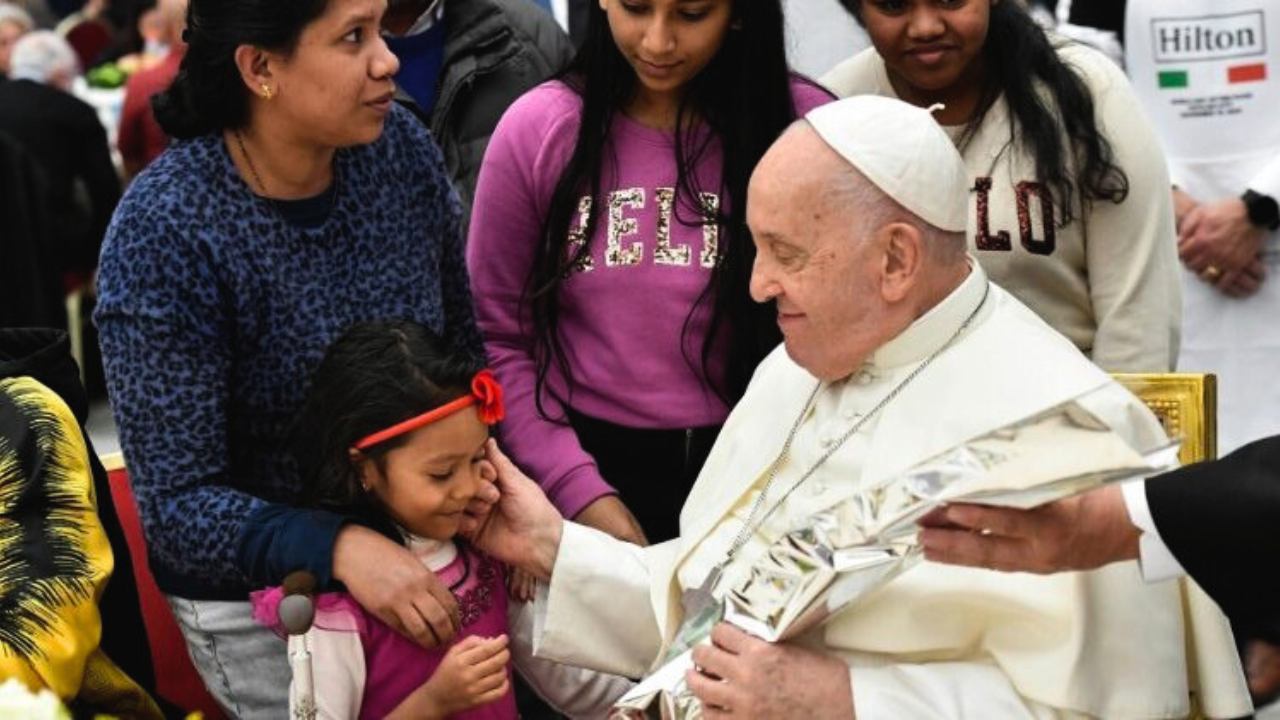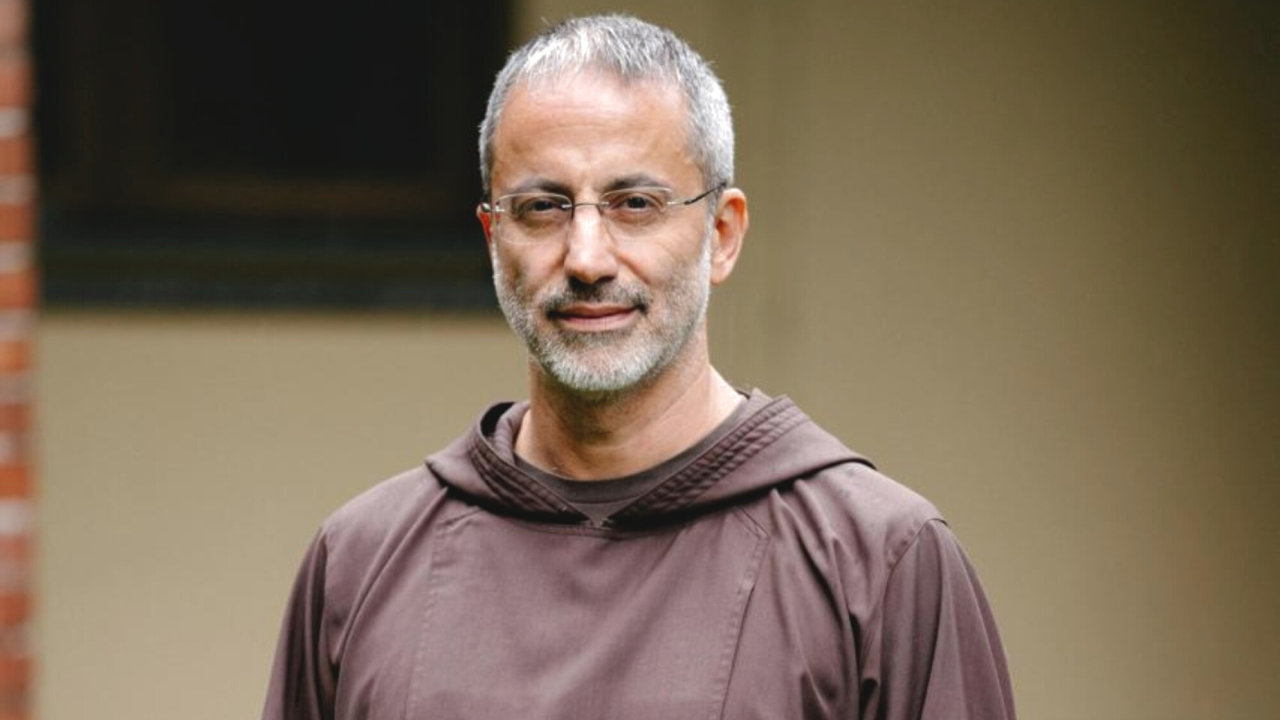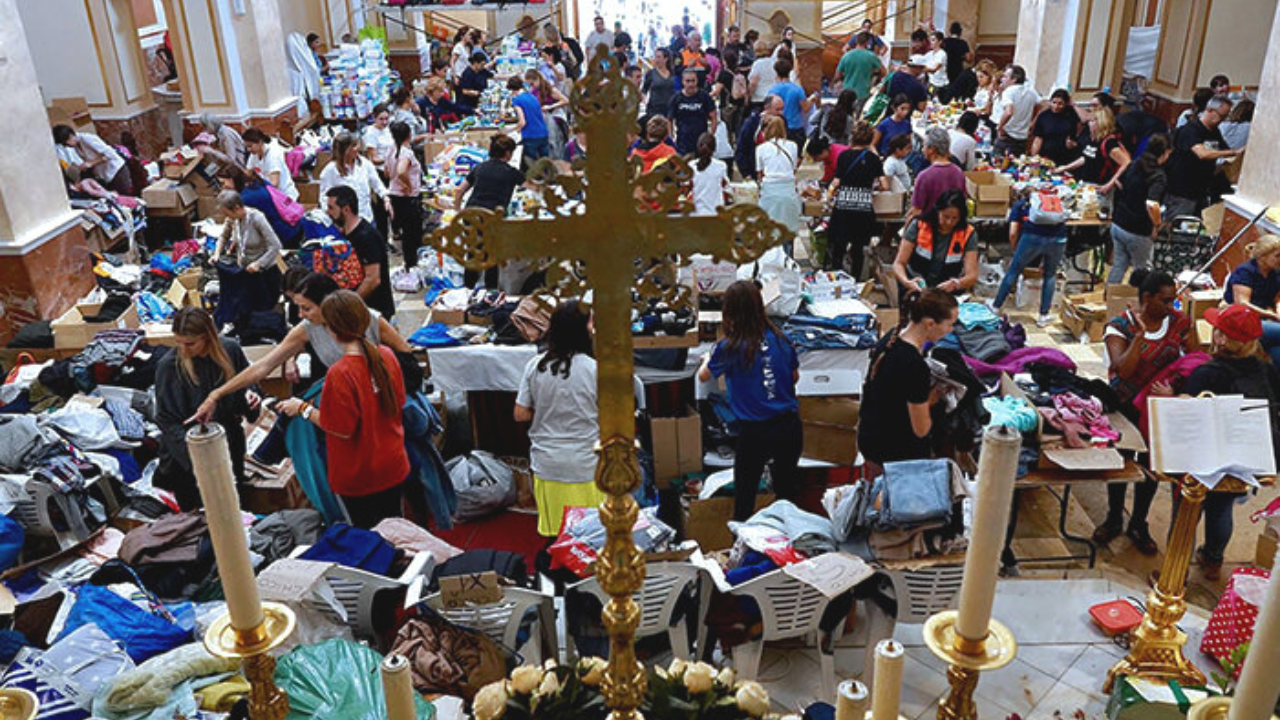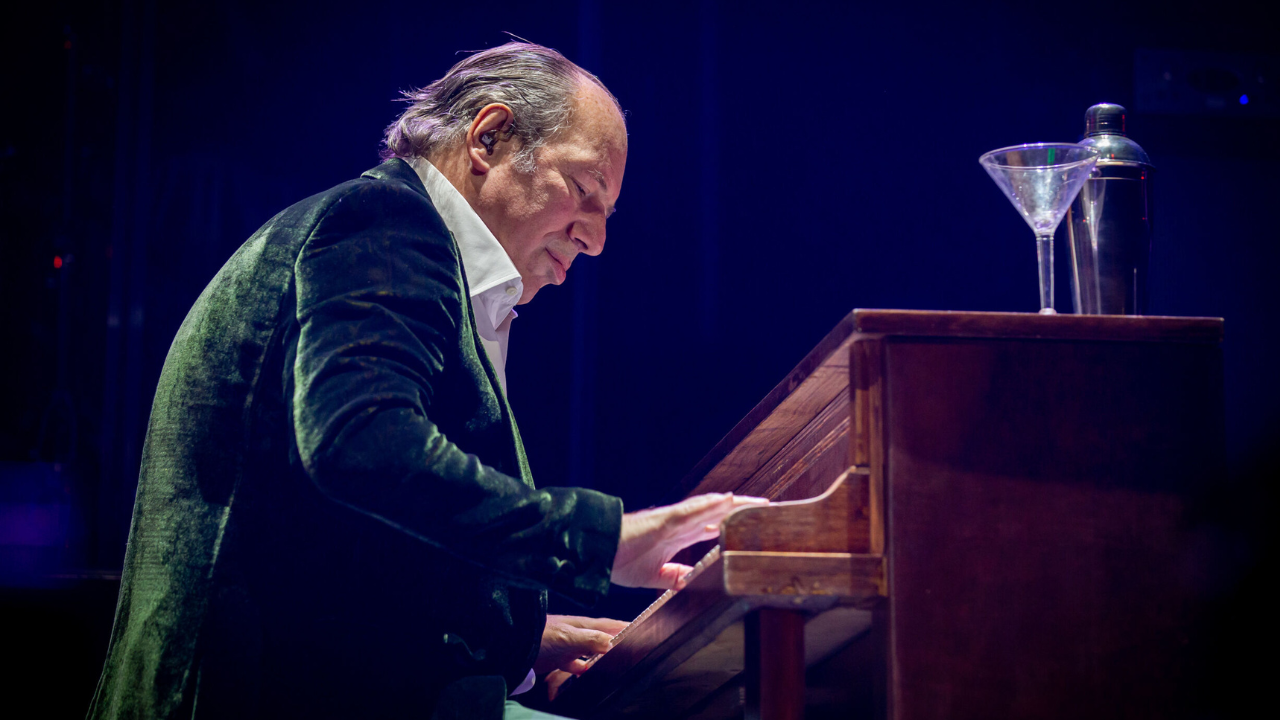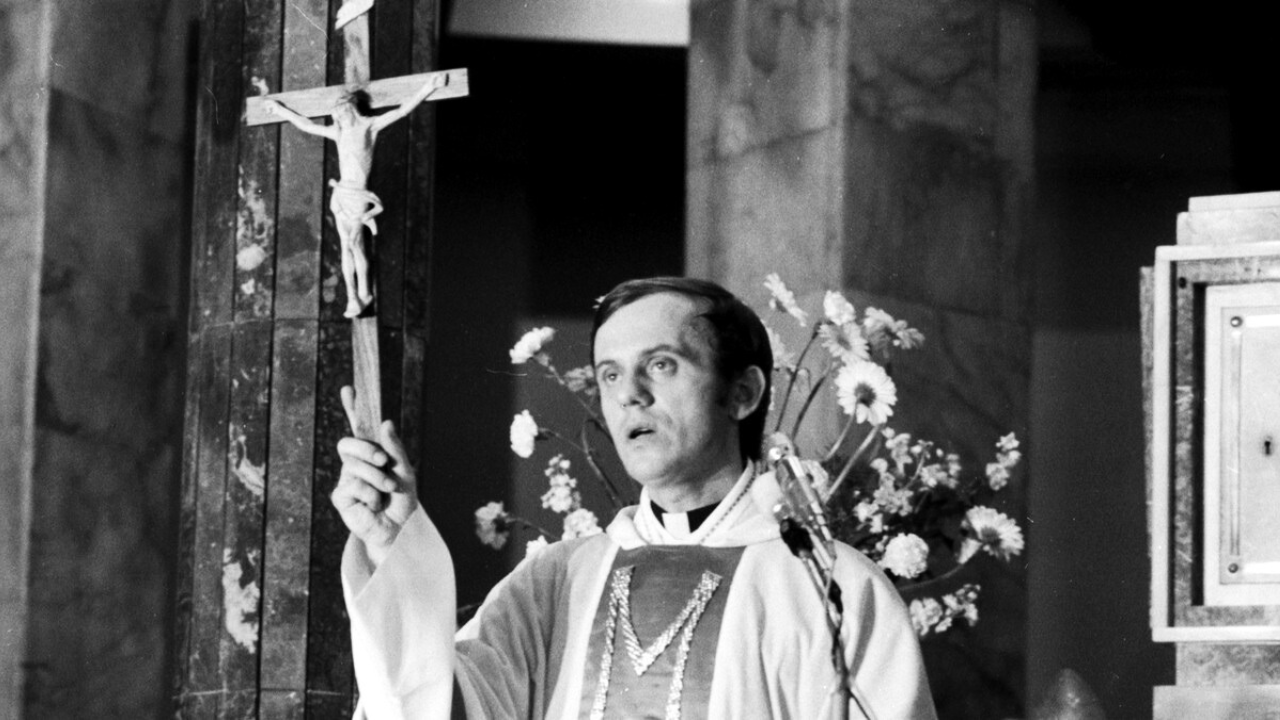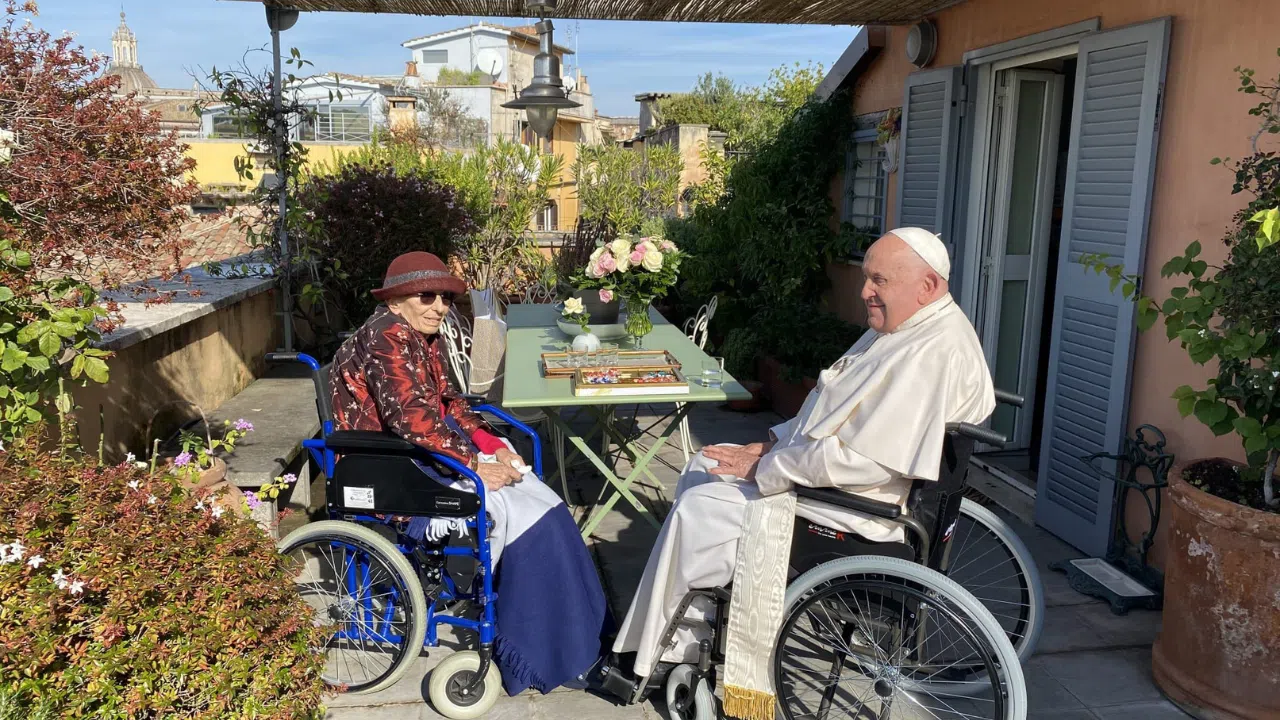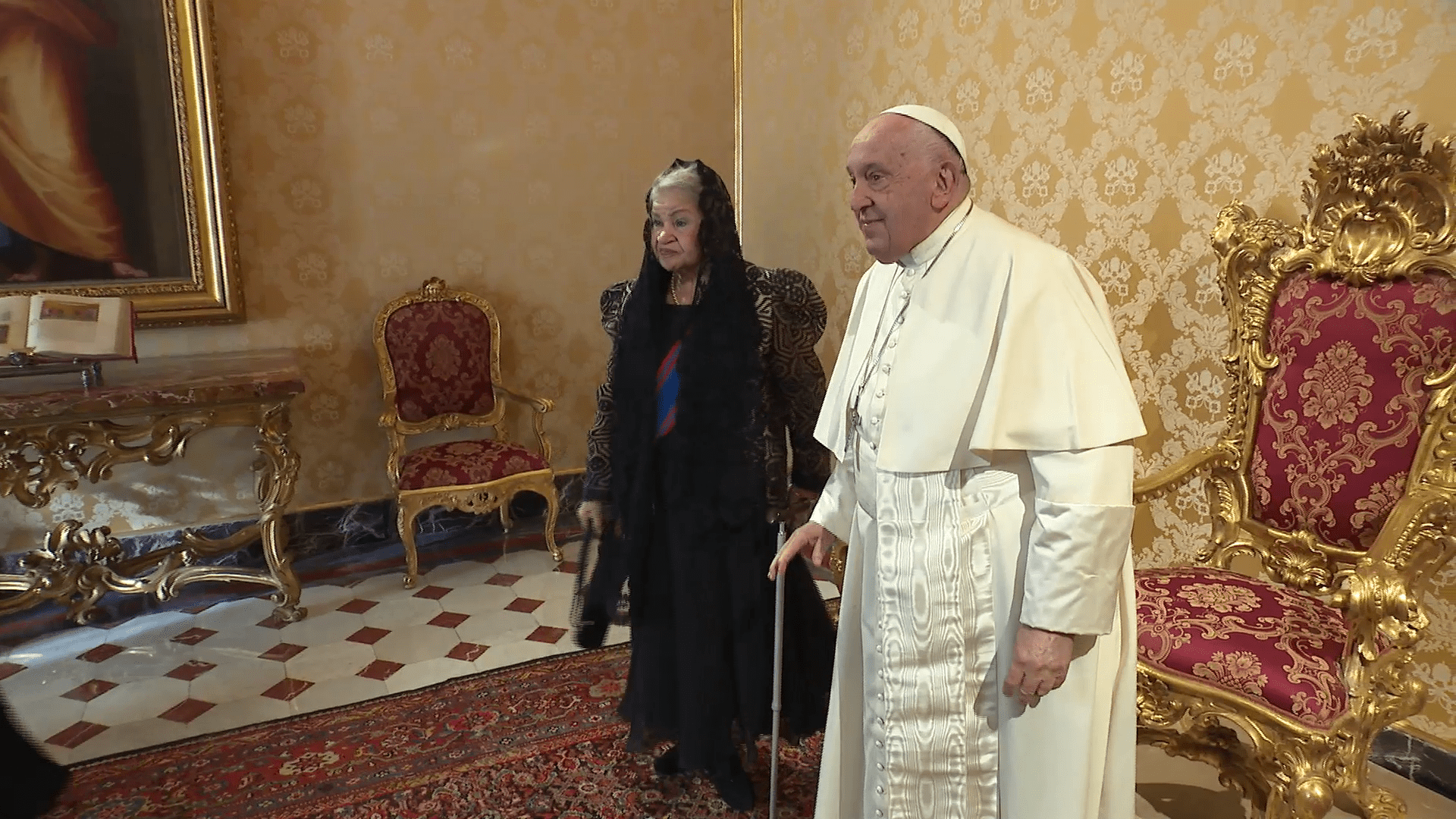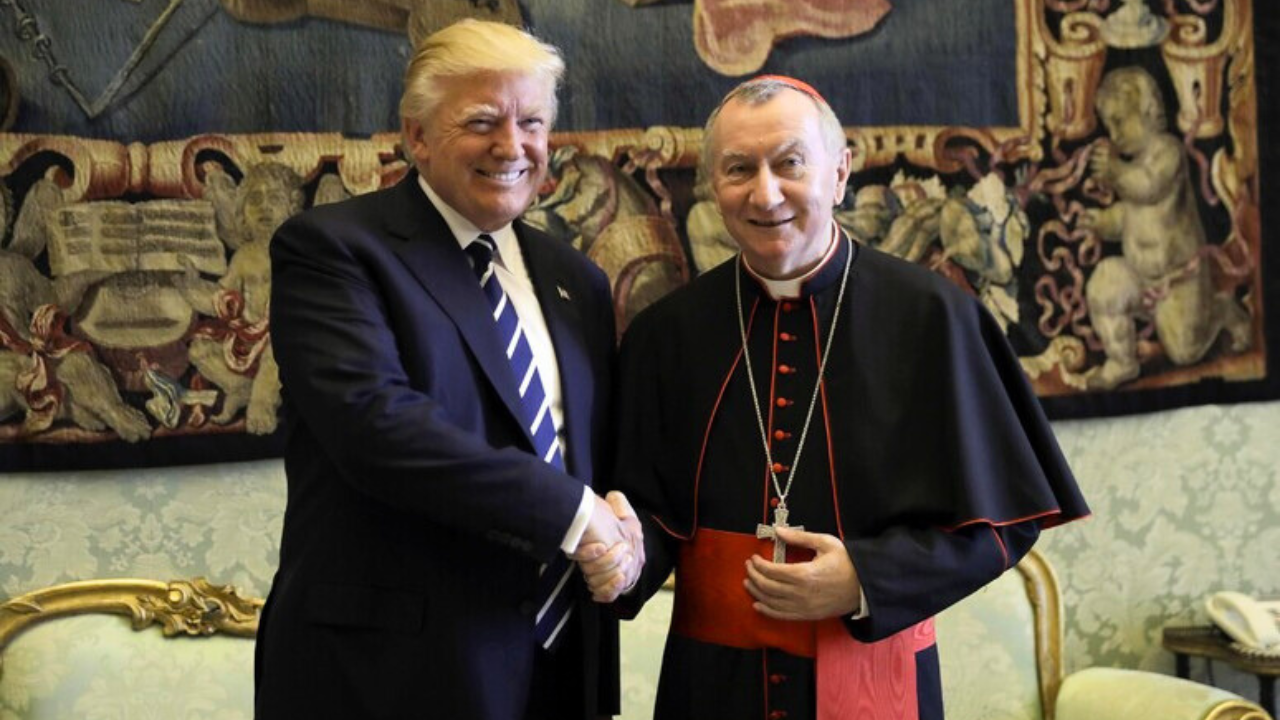The Vatican will open its archives on Pius XII, hoping to give a complete vision of the pope's strategy during World War II.
The documents will explain why Pius XII didn't publicly denounce anti-Jewish persecution in those years, and why he chose to act behind-the-scenes and hide Jews in convents, abbeys and even his own house.
Among the first researchers to analyze the documents will be experts from the Holocaust Memorial in Washington.
CARD. JOSÉ TOLENTINO DE MENDONÇA
Archivist and Librarian of Santa Romana Church
“The Church is not afraid of history. Pope Francis told us this when we met with him. The opening of the archives demonstrates peace of mind and a desire to share our history and our documents with anyone who can study them.”
PAOLO VIAN
Vice-Prefect of Vatican Apostolic Archives
“It will undoubtedly provide a broader and more well-founded perspective to better judge and understand the whole situation.”
LUIS MANUEL PEÑA RAMOS
Propaganda Fidei Historical Archives
“He prevented Americans and allied forces from destroying Rome. He also contributed to making the Germans leave the city without causing even more damage.”
Starting Monday, March 2, 16 million documents from the Pius XII archives will be available. It's taken 20 people and 14 years to classify them.
ALEJANDRO DIÉGUEZ
Vatican Apostolic Archives
“There's a tremendous amount of material. It's important to approach research calmly and above all, with an interdisciplinary attitude. On every topic, there will be many sources to consult.”
PAOLO VIAN
Vice-Prefect of Vatican Apostolic Archives
“There are many issues: Church governance, the pope's relationship dioceses, theological development. The important thing is the broad scope of perspectives and the multiplicity of themes. Let's not reduce the papacy to a single aspect.”
MSGR. SERGIO PAGANO
Prefect, Vatican Apostolic Archives
“Pius XII wanted to call a council, but he decided not to. He governed the Church purposefully. He appointed bishops according to his agenda. He guided the Church through a very difficult time, but with a very strong personal impact.”
Theoretically, the archives were to open in 2028, but Pope Francis decided to open them eight years early. The archives can accommodate 60 researchers at a time. As of now, 160 people have reserved a slot. Their work will help put together a more complete picture of this 20th-century protagonist.
JMB/CT
